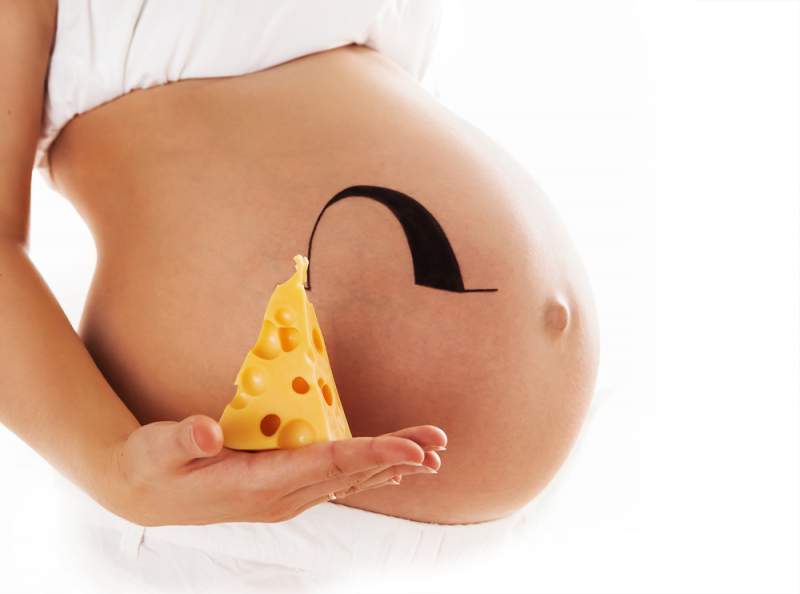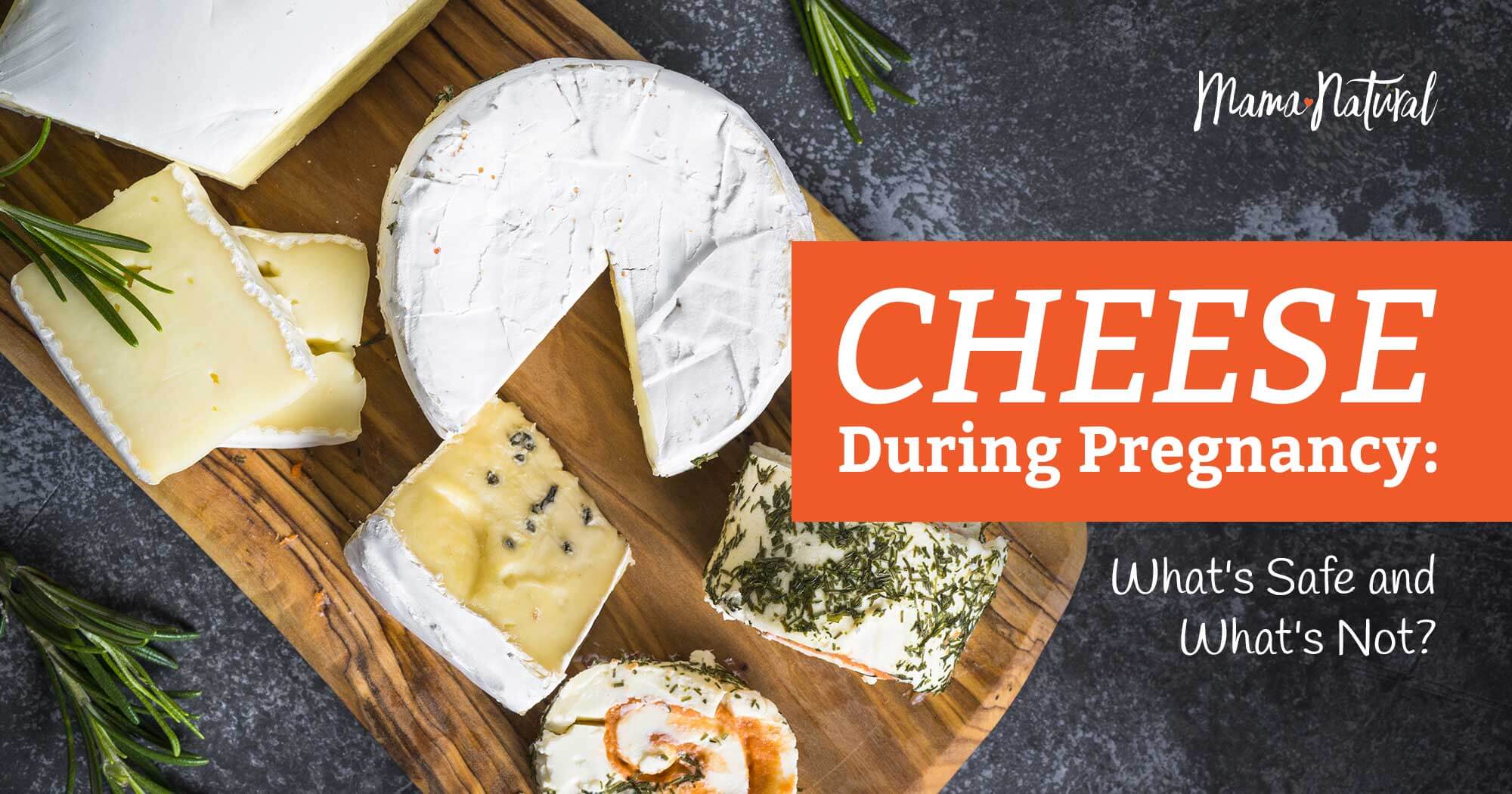Cheese During Pregnancy

Contents:
- Why Cheese During Pregnancy Can Be Harmful?
- Which Cheese During Pregnancy Can Be Used?
- Which Cheese During Pregnancy Cannot Be Eaten?
- Cheese During Pregnancy: Safe or Not?
Cheese in Pregnancy
It's no secret that during pregnancy a woman should consume enough calcium. And cheese is one of the richest sources of the useful microelements. The only point is that the views of physicians regarding the use of cheese during pregnancy are divided.
Some say that the cheese during pregnancy is harmful, or it is better not to touch it. Others find that the cheese during pregnancy is an absolutely suitable food. Come on, let's understand: is benefit or harm caused by the cheese during pregnancy? The cheese during pregnancy: benefit or harm.
Why Cheese During Pregnancy Can Be Harmful?
It is not surprising that during pregnancy the expectant mother is seeking to protect herself from any bacteria and viruses that can have a negative impact on her health and the health of her baby. Meanwhile, some types of products may contain a bacteria Listeria monocyotogenes, able to cause a dangerous infection – listeriosis.
Such bacteria may be contained in unpasteurized milk, seafood, poultry, and in some types of soft cheeses (particularly in cheeses with mold). Signs of infection are: fever, nausea or vomiting, muscle pain, fever. The incubation period of the disease is from several days to several weeks.
If you get infected by such an infection during pregnancy, it can lead to miscarriage, premature birth and development of sepsis at the baby, pneumonia or meningitis. In this regard, soft cheese during pregnancy is really better not to use. In an extreme case, it is possible to use a thermally processed food with such kinds of cheese – heat treatment kills Listeria.
Which Cheese During Pregnancy Can Be Used?

Nevertheless, there are cheeses that can be consumed during pregnancy. This is all hard cheese: Russian, Gouda, Poshehonsky, Parmesan, Emmental, Maasdam, Cheddar, etc. Hard cheeses do not have favorable conditions for bacteria, so they are completely safe in this respect.
Lovers of soft cheese during pregnancy also have concessions. For example, feta cheese, cottage cheese, pasteurized goat's cheese, Philadelphia cheese, processed cheese, mascarpone cheese and some others can be eaten during pregnancy. Such cheeses are usually processed by special technology, so they do not pose a risk to the health of the future mother and baby.
Which Cheese During Pregnancy Cannot Be Eaten?
Blue cheese. During pregnancy such cheese cannot be eaten, which contains large amounts of water and a little acid. Such an environment is most favorable for the growth of bacteria Listeria monocytogenes, posing a threat to the health of the mother and the baby.
Such cheeses are soft cheeses with mold: camembert, goat cheese with a white crust, dor blue, brie, cambozola, Taleju, and others. In addition, during pregnancy is contraindicated blue cheese: Roquefort, Stilton, Savoyard cheese, Gorgonzola, Danish Blue Cheese, Shropshire Blue and others.
The soft unpasteurised cheeses are also a fertile breeding ground for bacteria – so this cheese during pregnancy is contraindicated. Basically, these are soft unpasteurised goat and sheep cheeses: Chabichou, torta del Cesar, pyramid.
Cheese During Pregnancy: Safe or Not?